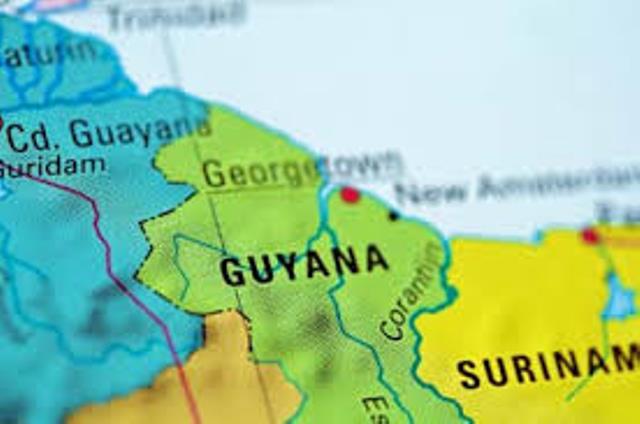
For the fiscal year of 2017 (December, 31), Government recorded and overall deficit of $24.268 billion.
This is according the Auditor General’s 2017 Report.
The Auditor General, Deodat Sharma found that Government’s overall deficit has increased, and indeed has swallowed the current surplus – resources saved from taxes, royalties and other revenue-earing activities embarked on by the state.
The net deficit is made up of a current surplus of $5.939 billion and a capital deficit of $30.207 billion.
The AG found that Government attracted total capital revenue of $28.4 billion, but capital expenditure, which is usually long-term, project-oriented and non-recurrent spending, was recorded by the AG at $58.6 billion.
Total revenue for the year 2017, which includes current and capital, was $323 billion.
Government, however, spent more than it earned, as total expenditure was pegged at $347.3 billion, a deficit of $24.2 billion. The deficit has in fact increased from last year, when it was $20.3 billion.
All this is despite the fact that Government’s earnings from taxes are up. The Auditor General’s Report had showed that while the Guyana Revenue Authority (GRA) has collected more taxes than was anticipated, revenue, inclusive of rent and royalties, had declined due to lower gold declarations.
In the end-of-year budget and reconciliation report, it noted that the projected revenue for 2017 was $186 billion. Instead, Government actually collected $195 billion in current revenue. This includes duties, levy, personal income and withholding taxes.
The highest earnings came from the internal revenue category.
Personal income tax collection grew by $2.5 billion. This, according to the Government, is because substantial arrears payments were recovered from self-employed persons through various initiatives. One of the initiatives GRA has been trying is a tax amnesty.
The parliamentary opposition has been increasingly critical of Government spending. In citing a recent International Monetary Fund (IMF) Report that had highlighted the need for Government to cut back on its wasteful spending, former People’s Progressive Party (PPP) Minister, Irfaan Ali, had stressed that the recommendations should be taken seriously.
He was referring to the recently concluded 2018 staff report by the IMF on Guyana’s economy, where the international financial institution made two main policy recommendations, and where it underscored the importance of macroeconomic and financial stability.
On the notion of preserving macroeconomic stability, a policy that prepares an economy for growth by safeguarding it against external shocks, the IMF had cautioned the Government of continued expansionary fiscal policy. This involves increased Government spending.
According to the report, the IMF is extremely concerned how short-term fiscal deficit is being financed: primarily by usurping domestic credit. Allocation of scarce resources to best meet the needs of the people through wealth generation and improved well being is crucial.
Ali had said that from 2014 to 2018, the trajectory has been one that represents reckless spending.
Moreover, Government increased its dependence and reliance on domestic credit to fund short-term fiscal deficit.
Statistics indicate that from 2014 to 2017, domestic borrowing increased by more than twofold, from $11.3 billion to $23 billion.
In 2018, it is further estimated to increase by another $11 billion, to $34 billion.
Hence this huge increase, indeed, would crowd out private investment. The crowding out effect is the increase in interest rates because of higher levels of Government borrowing.
This, however, means the increase in Government borrowing leads to greater demand for loanable funds, increasing interest rates. When this happens, it’s more expensive for private companies to borrow and invest.

























